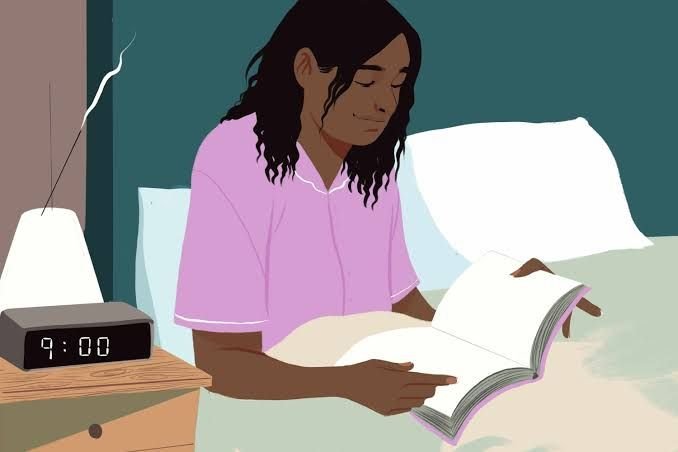
Introduction
Are you struggling with depression but hesitant about taking medication? You’re not alone. While antidepressants can be effective, many people seek alternative methods to manage their mental health. The good news is that there are numerous non-pharmaceutical approaches to combat depression, backed by scientific research and expert recommendations. This guide will explore effective strategies to help you remove depression without medication, transforming your life naturally and holistically.
1. Embrace the Power of Exercise
Physical activity is one of the most effective ways to boost your mood and alleviate depression. Regular exercise can help increase the production of endorphins, the body’s natural mood lifters, and impro noe overall mental health.
Benefits of Exercise:
– Mood Enhancement:A study published in the Journal of Clinical Psychiatry found that exercise can be as effective as medication for some people in reducing symptoms of depression.
– Stress Reduction:Exercise lowers stress hormones like cortisol and promotes relaxation.
– Improved Sleep: Regular physical activity can help regulate sleep patterns, which are often disrupted by depression.
2. Nourish Your Mind with a Healthy Diet
What you eat significantly impacts how you feel. A balanced diet rich in nutrients can support brain health and improve your mood. Focus on incorporating fruits, vegetables, lean proteins, and whole grains into your meals.
Benefits of a Healthy Diet:
– Brain Health:Nutrient-rich foods like fish, nuts, and leafy greens provide essential vitamins and minerals that support cognitive function.
– Stable Mood:A study in the American Journal of Psychiatry suggests a strong link between diet quality and the risk of depression. Foods rich in omega-3 fatty acids, antioxidants, and complex carbohydrates can help stabilize mood and reduce inflammation.
– Energy Levels: Proper nutrition provides the energy needed to stay active and engaged throughout the day.
3. Practice Mindfulness and Meditation
Mindfulness and meditation are powerful tools for managing depression. These practices involve focusing on the present moment and observing thoughts and feelings without judgment, which can reduce stress and improve mental clarity.
Benefits of Mindfulness and Meditation:
– Reduced Stress: According to research published in *JAMA Internal Medicine*, mindfulness meditation can significantly reduce symptoms of anxiety and depression.
– Improved Focus: Regular practice enhances attention and concentration.
– Emotional Regulation: Mindfulness helps you understand and manage your emotions more effectively.
4. Build Strong Social Connections
Humans are social creatures, and maintaining strong connections with family, friends, and community can significantly impact mental health. Social support can provide a sense of belonging, reduce feelings of isolation, and offer practical help and advice.
Benefits of Social Connections:
– Reduced Loneliness: Social interactions provide comfort and companionship, alleviating feelings of loneliness.
– Increased Resilience: Having a support system helps you navigate challenges and bounce back from setbacks.
– Enhanced Self-Esteem: Positive relationships can boost your confidence and self-worth.
5. Engage in Therapeutic Activities
Creative and therapeutic activities, such as art therapy, music therapy, and journaling, can provide emotional outlets and promote healing. These activities allow you to express your feelings and gain insights into your mental state.
Benefits of Therapeutic Activities:
– Emotional Expression: Creative activities offer a safe space to express emotions that might be difficult to verbalize.
– Stress Relief:Engaging in hobbies and creative pursuits can distract from negative thoughts and provide a sense of accomplishment.
– Self-Discovery: Journaling and other reflective practices can help you understand your thoughts and feelings better.
6. Seek Professional Support
While the goal is to manage depression without medication, professional support from a therapist or counselor can be invaluable. Therapies such as cognitive-behavioral therapy (CBT) have been proven effective in treating depression by helping individuals identify and change negative thought patterns and behaviors.
Benefits of Professional Therapy:
– Personalized Treatment: Therapy is tailored to your specific needs and symptoms.
– Expert Guidance: Mental health professionals provide valuable insights and support.
– Long-term Strategies: Therapy equips you with tools and techniques to manage depression in the long term.
Conclusion
Overcoming depression without medication is possible through a combination of lifestyle changes, therapeutic activities, and professional support. By embracing regular exercise, maintaining a healthy diet, practicing mindfulness, building strong social connections, engaging in creative activities, and seeking professional therapy, you can take significant steps towards managing depression naturally. Remember, the journey to mental wellness is personal, and finding the right combination of strategies that work for you is crucial. Take small steps, be patient with yourself, and believe in your ability to overcome depression. Your mental health matters, and with determination and support, you can reclaim your happiness and well-being.
### References
1. Trivedi, M. H., Greer, T. L., Grannemann, B. D., Chambliss, H. O., Jordan, A. N., & Pigott, T. A. (2006). TREAD: Treatment with Exercise Augmentation for Depression. *Journal of Clinical Psychiatry, 67*(10), 1693–1698.
2. Jacka, F. N., Mykletun, A., Berk, M., Bjelland, I., & Tell, G. S. (2011). Association of Western and traditional diets with depression and anxiety in women. *American Journal of Psychiatry, 167*(3), 305-311.
3. Hofmann, S. G., & Gómez, A. F. (2017). Mindfulness-Based Interventions for Anxiety and Depression. *Psychiatric Clinics of North America, 40*(4), 739-749.
